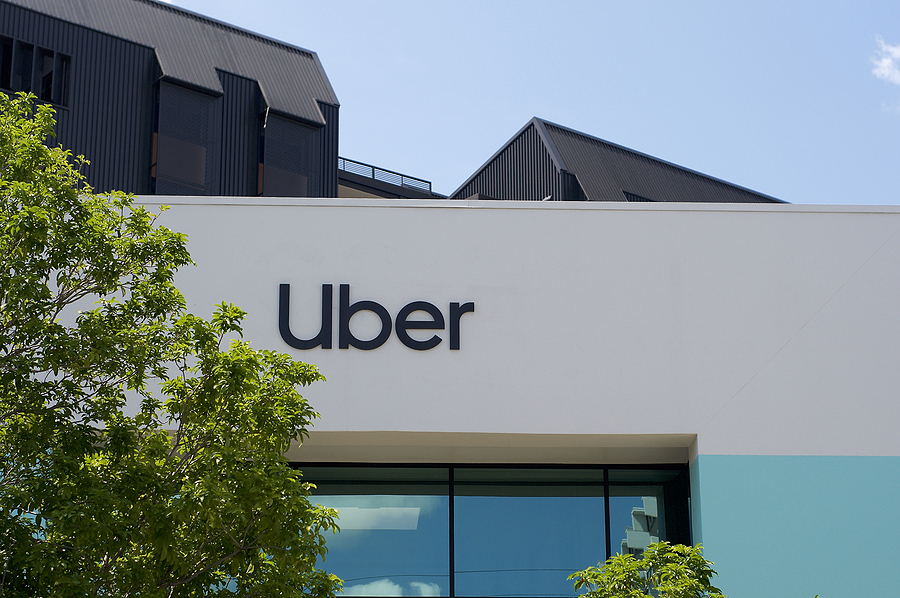
Chris Lieberman, FISM News
[elfsight_social_share_buttons id=”1″]
A massive trove of files leaked to the Guardian has revealed that Uber courted several prominent politicians, flouted laws, and even viewed violence against their own drivers as a means to advance their goals during the company’s period of aggressive expansion in 2013-17.
The leak, known as the Uber files, contains 124,000 documents including emails, text messages, and other files containing communication from high-ranking Uber executives, including co-founder and former CEO Travis Kalanick. The Guardian received the leak and shared the files with the International Consortium of Investigative Journalists (ICIJ) before publishing their findings on Monday. This was followed by other ICIJ outlets releasing their findings, including the Washington Post, with more expected in the coming days.
At its inception, Uber attempted to revolutionize what they saw as an outdated taxi system unsuited for the smartphone era. However, in order to do that, Uber needed a change in laws to legalize their rideshare and gig economy model and faced heavy pushback from the taxi industry entrenched in many local governments. This led the company to turn to lobbying as a means of accomplishing its goals.
The leaks uncovered text messages in which Kalanick referenced a meeting with then-Vice President Joe Biden at the World Economic Forum in Davos, Switzerland. Other texts between Kalanick and French President Emmanuel Macron, then an economy minister, reveal a cozy relationship between the two and show how Macron helped the company gain access to France. Uber executives also met with former Israeli Prime Minister Benjamin Netanyahu, former Irish Prime Minister Edna Kenney, and former UK Chancellor George Osborne, whom Uber officials described as a “strong advocate” for the company.
In response to Uber’s expansion, taxi drivers who feared for their livelihoods began to fight back, sometimes with civil disobedience, other times with violence. After a massive 2016 taxi driver protest in Paris which followed a year in which 80 Uber drivers across Europe were physically assaulted, Kalanick requested that they respond with a massive protest of their own. When a top executive warned Kalanick that this could lead to violence against their drivers from counter-protesters, Kalanick suggested that this could be used to gain sympathy for their cause and be used to their advantage. “I think it’s worth it,” wrote Kalanick. “Violence guarantee [sic] success.”
In a response to the leaks, Kalanick’s spokesperson, Devon Spurgeon, wrote in a statement, “Mr. Kalanick never suggested that Uber should take advantage of violence at the expense of driver safety. Any accusation that Mr. Kalanick directed, engaged in, or was involved in any of these activities is completely false.”
As Uber fought for legal status in various countries, the leaks show that the company knew that they were operating illegally in some places, with an internal email referring to the company’s “other than legal status.” One executive put it in even more blunt terms, writing, “Sometimes we have problems because, well, we’re just f***ing illegal.”
As law enforcement around the world began cracking down on Uber’s operations and raiding offices, the company developed a “kill switch,” which would cut off access to Uber’s main data systems so that law enforcement could not gather evidence against them. In his statement, Spurgeon insisted this system was legal.
Kalanick stepped down as CEO of the company in 2017 after a series of scandals. Expedia CEO Dara Khosrowshahi succeeded Kalanick as head of the company, although Kalanick remained on the board of directors until the end of 2019.
Uber responded to the Guardian’s story in a statement, writing, “There has been no shortage of reporting on Uber’s mistakes prior to 2017… We have not and will not make excuses for past behaviour that is clearly not in line with our present values. Instead, we ask the public to judge us by what we’ve done over the last five years and what we will do in the years to come.”
